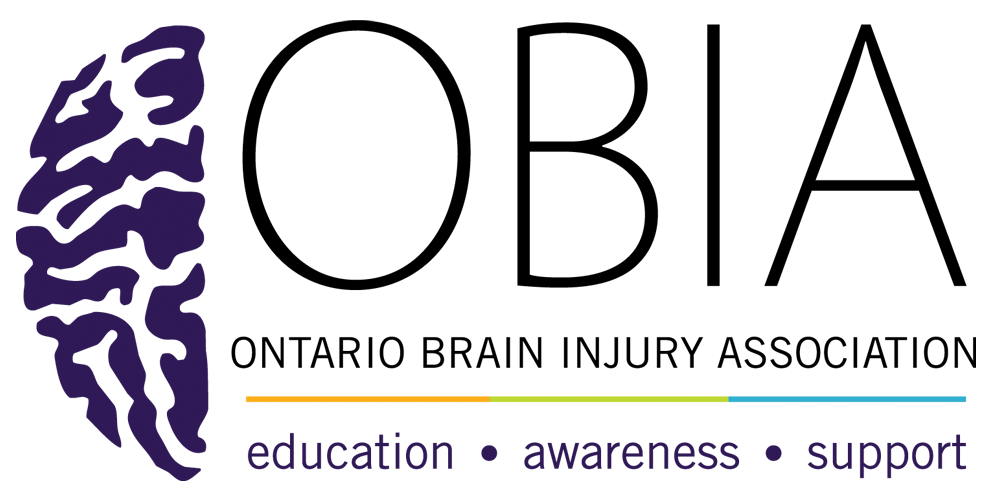Quick Facts
- Challenges with memory is very common following a brain injury
- There are different types of memory loss:
- Post-traumatic amnesia: confusion and disorientation immediately following the brain injury, the individual is unable to remember any event following the injury. Until post-traumatic amnesia resolves, no new memories can be made
- Retrograde amnesia: a loss of memory for events prior to the brain injury. Individuals may not recognize family members and their previous living environment
- Short-term memory loss: recent events are forgotten, the duration of short-term memory can be as little as a few seconds
What does it
look like?
- Unable to remember past events/conversations
- Unable to remember future events, such as appointments
- Unable to follow a schedule or completing activities
- Difficulty recalling new information that has been acquired, especially when under stress
- Learning simple motor sequences can become challenging
- Unable to recognize loved ones or previous acquaintances
- Disorientation with space and time
- Difficulty remembering what needs to be done during the day
- Confabulation is a memory disorder where the person produces false memories (i.e. they report remembering events that never occurred or remember events having occurred at an incorrect time or place)
Possible Causes and Complications
Possible causes:
- May be due to an injury to any of the several brain structures involved in memory (e.g. hippocampus, temporal lobes, frontal lobes)
- Memory loss is usually due to a physical reason rather than an unwillingness to remember
- Poor sleep and fatigue
- Other health conditions, including anxiety and depression
- Some medications can exacerbate memory problems
Possible complications:
- Memory problems may have major emotional effects such as feelings of loss, anger, and an increase in depression and anxiety
What can we do?
- Adapt the environment so the individual relies on memory less
- Keep notepads available, label cupboards and doors
- Make detailed notes of important information in one place
- Encourage the individual to use memory aids
- Use reminders (e.g. alarms on phone, agenda/calendar/ to-do list, checklists, take photos of important information)
- Make a daily log of things they do each day (e.g. memory book)
- Establish a consistent routine
- Repeat/rehearse, paraphrase, and visualize important information
- Therapeutic programs of stimuli such as photographs, anecdotes and artifacts may help restore some memory and may be calming for the individual
- Use verbal and written cuing
- Support the individual as they deal with the emotional effects of memory loss by:
- Encouraging them to share their feelings
- Finding individuals who understand what they are going through (e.g. OBIA’s Peer Support Program)
- Helping them to participate in activities they enjoy such as listening to music
Disclaimer: This information is not meant to replace advice from a medical doctor. Consult a health care provider regarding specific medical concerns or treatment.

